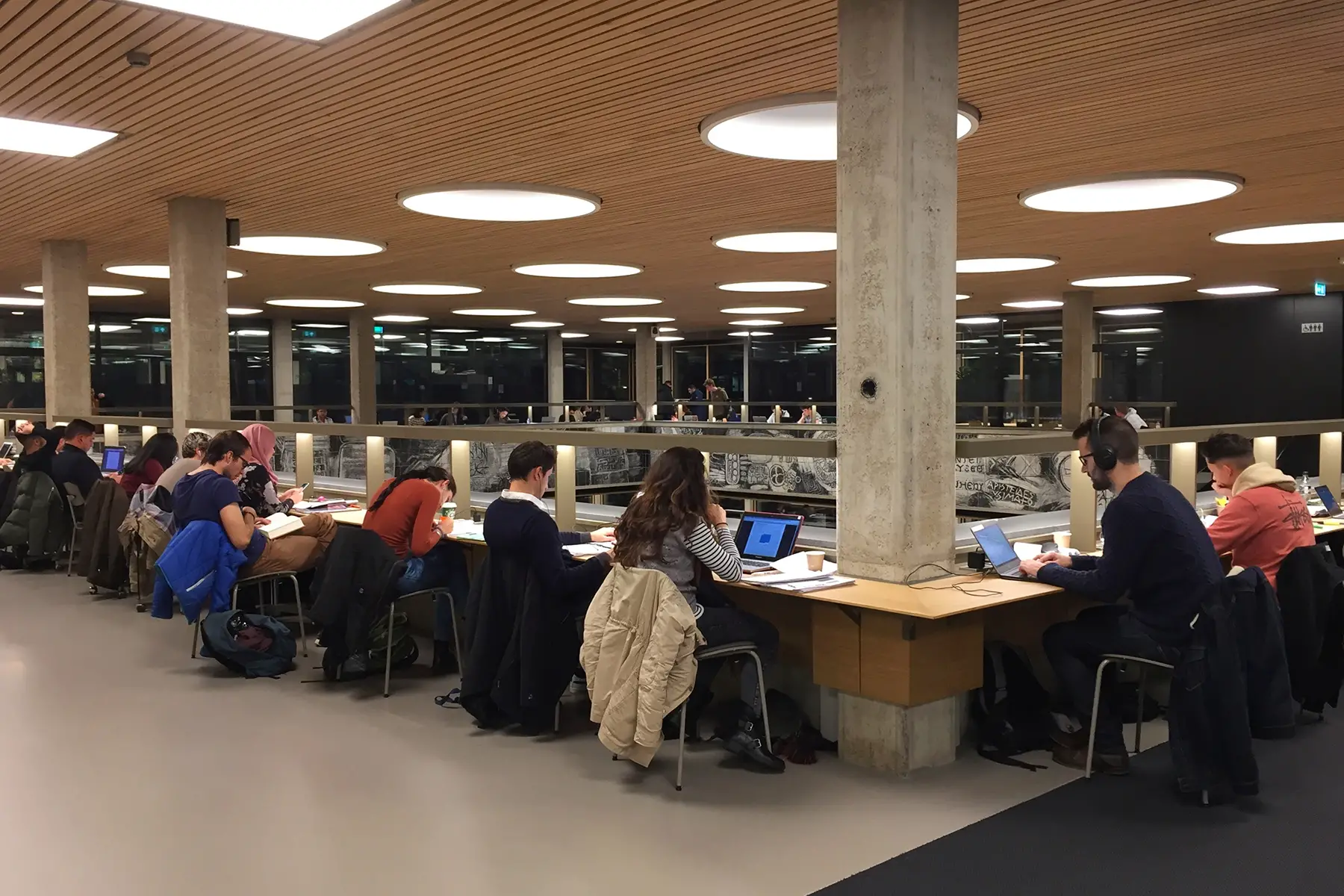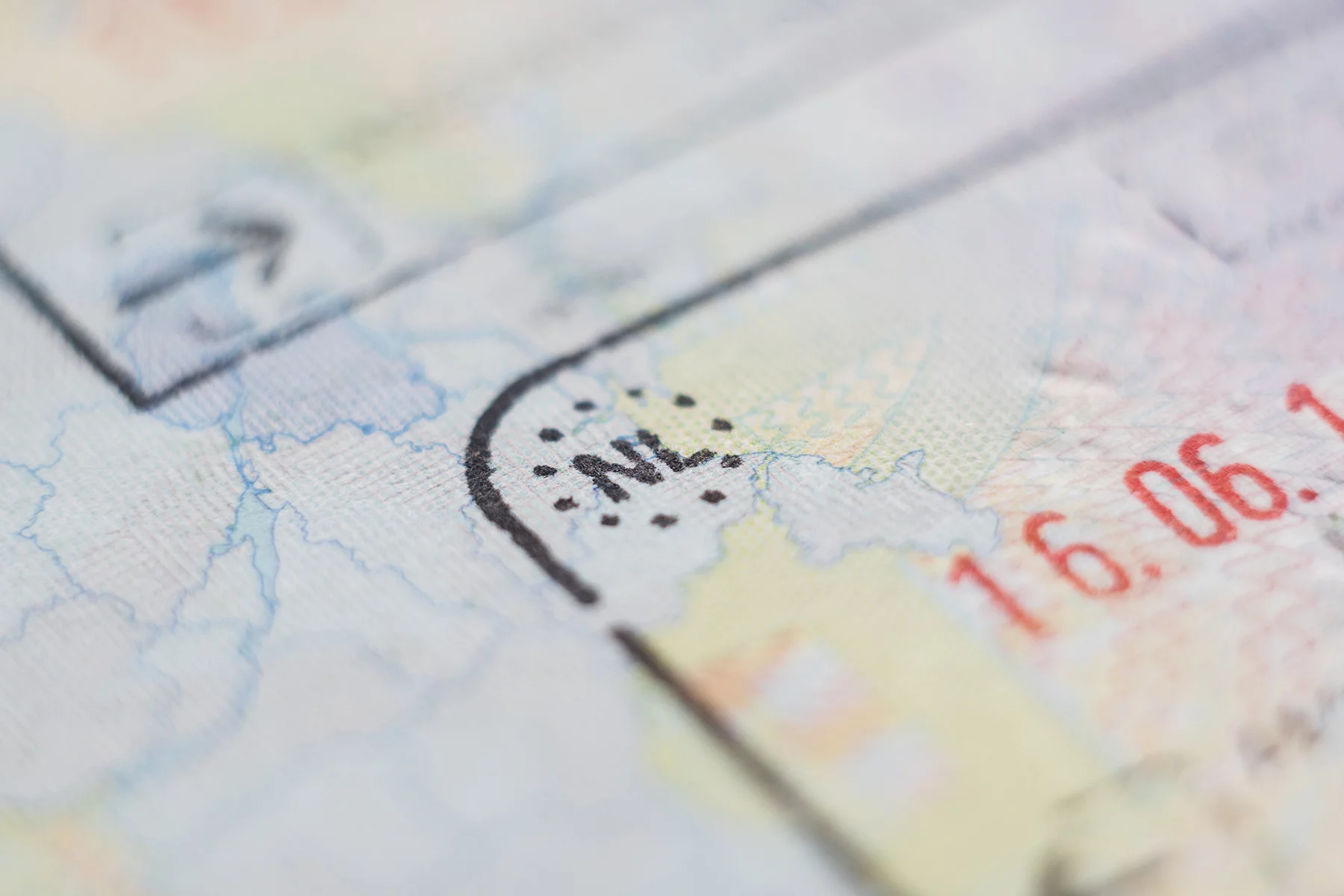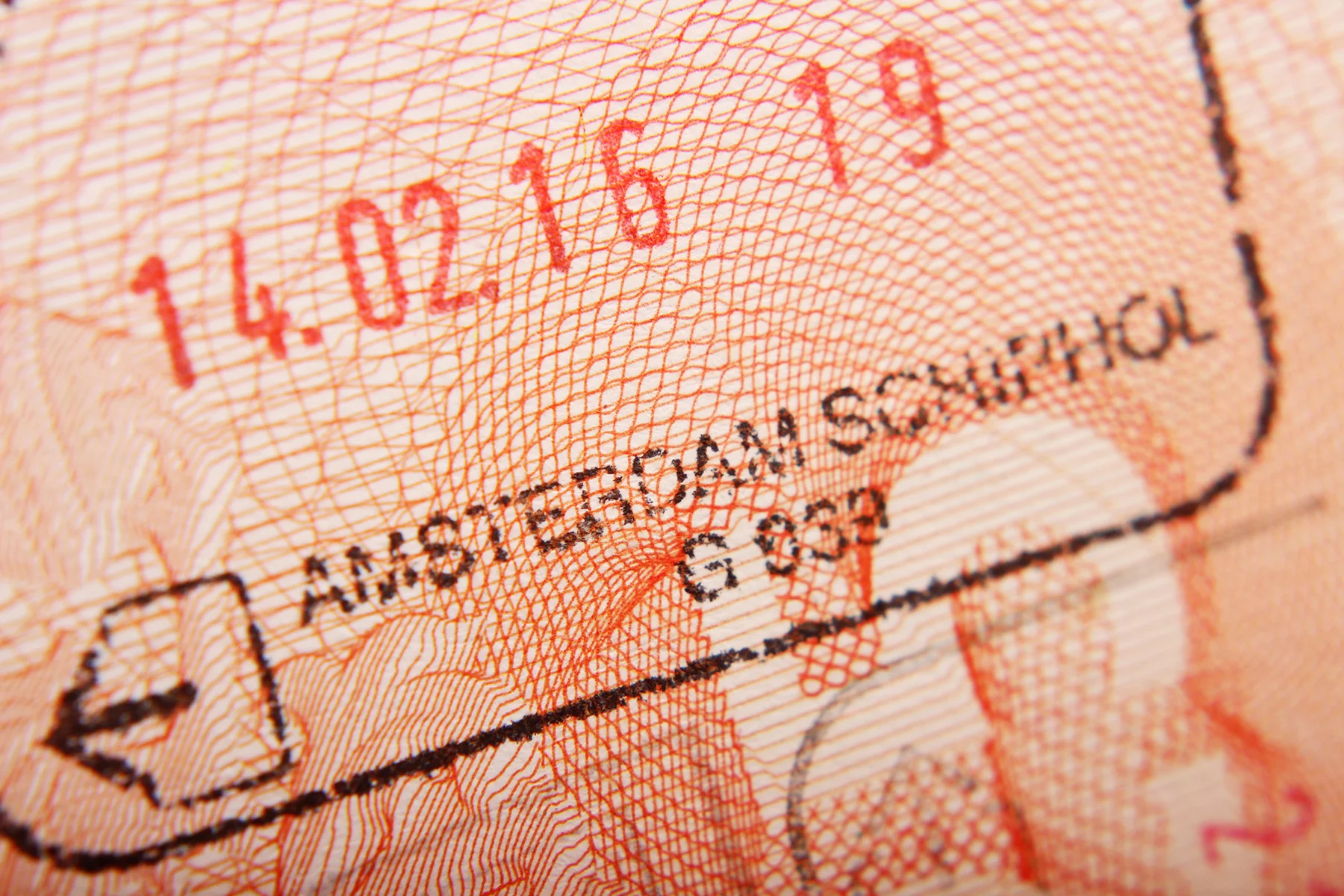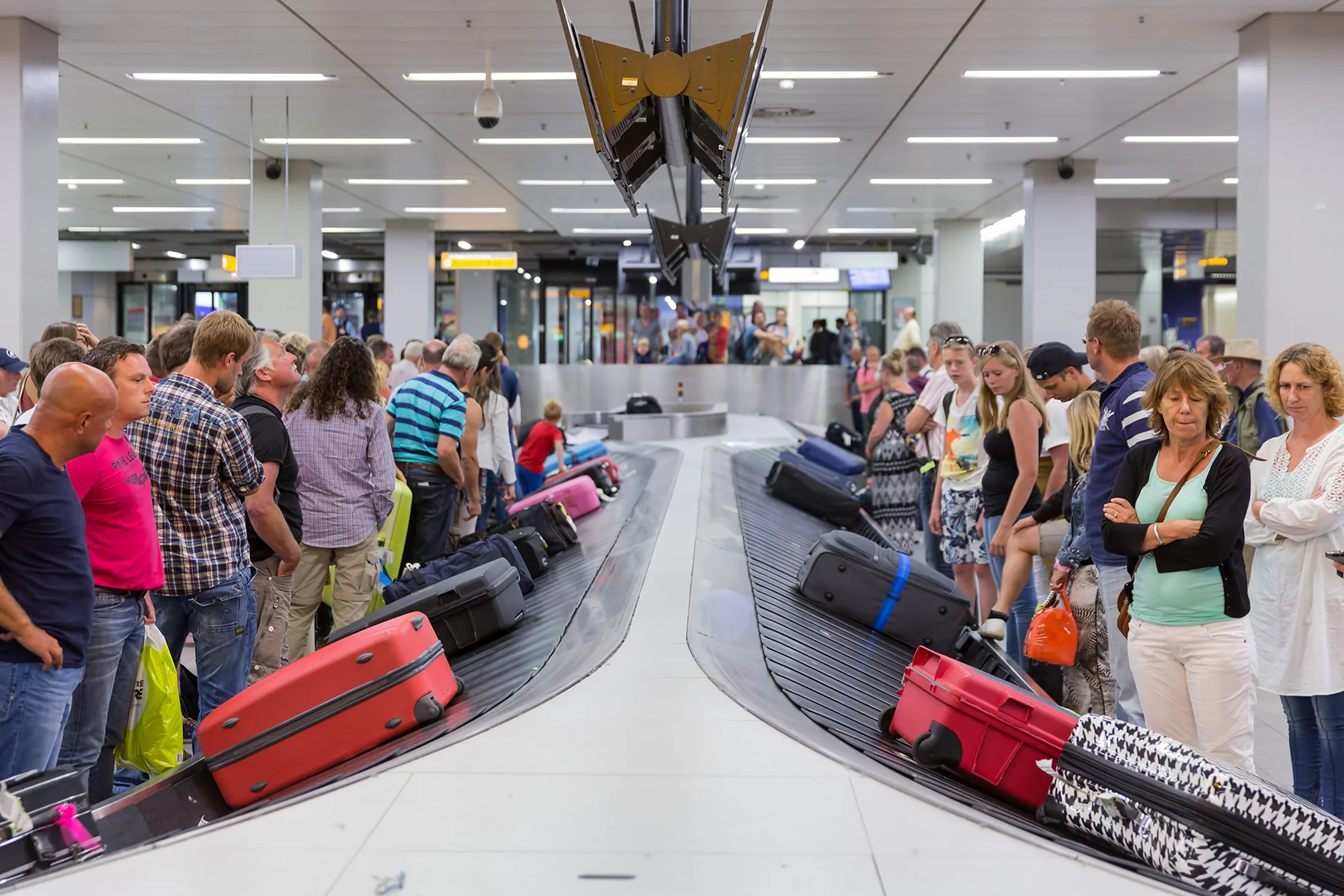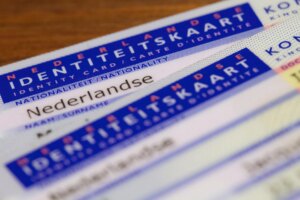With good quality education, high living standards, and a reputation for a laid-back lifestyle that appeals to young people, it’s no surprise that many people come from far and wide each year to study in the Netherlands. However, much like other European nations, the Dutch have a visa system.
Find out if you need a student visa for the Netherlands and how to get one. The following sections cover:
- Studying in the Netherlands
- Who needs a student visa in the Netherlands?
- Types of student visas in the Netherlands
- Netherlands student visa for higher education and university courses
- Dutch student visa for secondary and vocational courses
- Short-stay study visa in the Netherlands
- Intra-EU mobility visa
- Other visas relevant to students in the Netherlands
- When you arrive to study in the Netherlands
- Study grants and scholarships in the Netherlands
- Transferring foreign qualifications in the Netherlands
- Working while studying in the Netherlands
- Family members joining on a student visa in the Netherlands
- After your study finishes and your student visa expires in the Netherlands
- Appeals about student visa decisions in the Netherlands
- Useful resources
ABN AMRO
If you’re looking for a student bank account in the Netherlands, try ABN AMRO. They offer free accounts for students including a debit card. You can also connect it to services such as GooglePay, Apple Pay, and OVPay. Open an account from your mobile in just 5 minutes with ABN AMRO.
Studying in the Netherlands
The Netherlands is a multicultural country with a good quality higher education system that attracts many international students each year. Seven of its universities rank among the top 100 in the 2022 Times Higher Education World University Rankings. These are:
- Wageningen University (53rd)
- University of Amsterdam (65th)
- Utrecht University (69th)
- Leiden University (71st)
- Erasmus University Rotterdam (72nd)
- Delft University of Technology (=75th)
- University of Groningen (=80th)
In addition to this, Amsterdam ranks 21st on the top global cities for students.
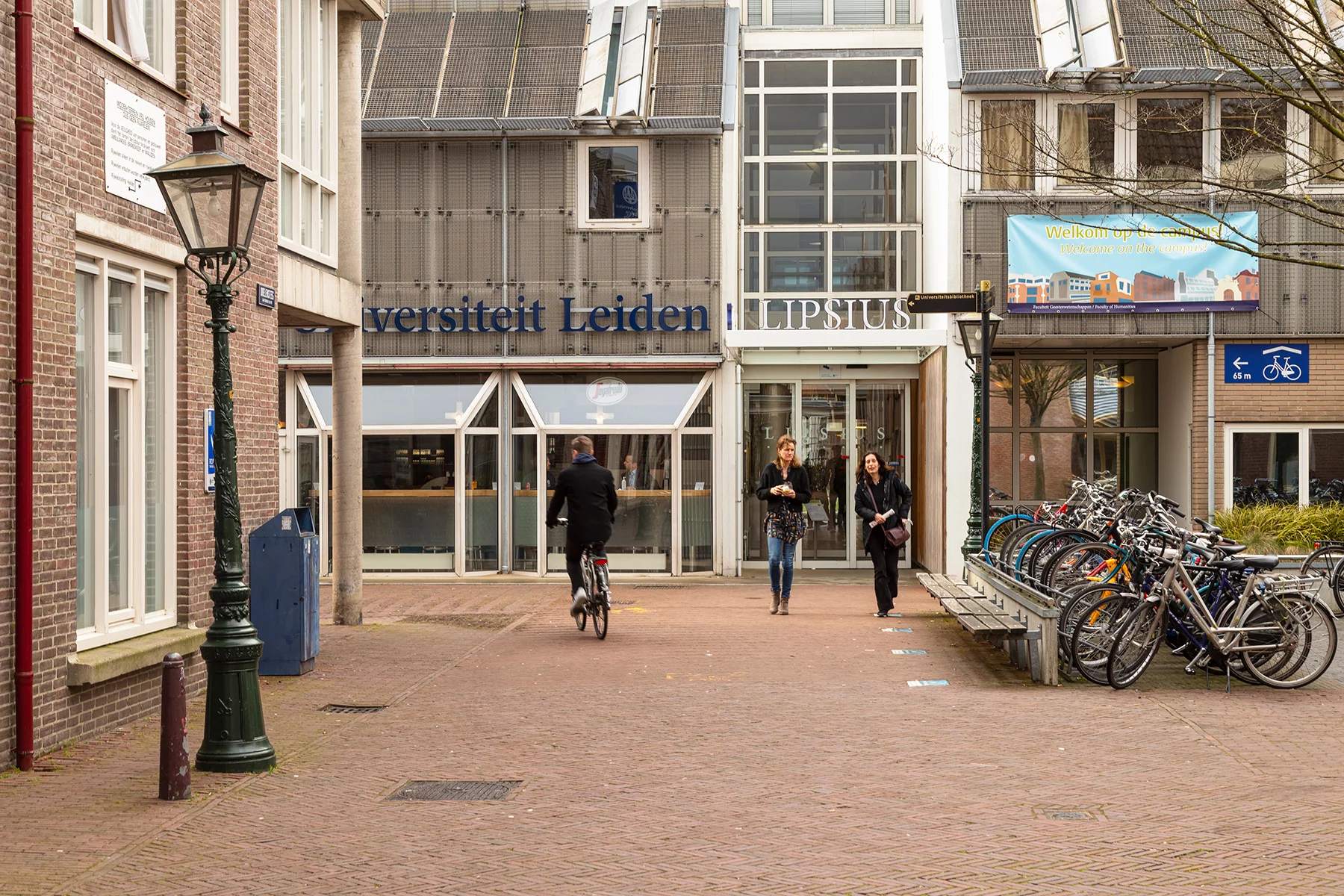
Around 40% of first-year students in the Netherlands are international students. Many of these require a student visa or residence permit to come to the country and study. There were 12,310 student visa and permit applications in 2020, accounting for 12.8% of the overall visa/permit total. This was down from the 2019 figure of 20,430, largely due to the COVID-19 pandemic.
Similar to most other European Union (EU) countries, the Netherlands operates a two-tier immigration system where EU/EFTA residents can travel freely to study in the country. Most other nationals will need a student visa or residence permit for the Netherlands.
The Dutch Immigration and Naturalization Service (Immigratie en Naturalisatiedienst – IND) deals with all visa and permit requests in the Netherlands, including student visas.
Who needs a student visa in the Netherlands?
EU/EFTA nationals
Students from the EU and the European Free Trade Association (EFTA consists of Iceland, Liechtenstein, Norway, and Switzerland) do not need a visa or permit to study in the Netherlands. All they need is a valid ID to enter the country.
If you are an EU/EFTA citizen staying in the Netherlands for over three months, you must register with your local authority. You will then be entered into the Personal Records Database (Basisregistratie Personen – BRP) and will get a citizen service number (burgerservicenummer – BSN). This is the Dutch social security and tax number and is required for many everyday aspects of local life, such as opening a bank account.
Non-EU/EFTA nationals
Non-EU/EFTA nationals, also known as third-country nationals, usually need a visa or residence permit to study in the Netherlands. Residents of some countries, such as Australia, Japan, and the US, can travel and stay in the Netherlands for up to 90 days without a visa. However, for stays of longer than 90 days, a temporary residence permit is needed.
If you are from a country whose citizens can’t enter the Netherlands without a visa, you will have to apply for your Dutch student visa together with a residence permit (machtiging tot voorlopig verblijf – MVV) before coming to the Netherlands. You then need to exchange your MVV for a standard temporary residence permit when you arrive. Check the requirements for your country on the IND website.
UK nationals since Brexit
Since leaving the EU on 1 January 2021, the UK has been subject to immigration controls in all EU/EFTA countries. British citizens can travel and stay in the Netherlands for up to 90 days without a visa or permit. However, they will need a Dutch residence permit for study purposes if they stay for longer than three months. This is the case for most study placements.
You can read more information about traveling to and living in the Netherlands after Brexit on the IND website.
Types of student visas in the Netherlands
The Netherlands’ student visas break down into the following types:
- Student visa for higher education and university courses – the general student visa for graduate and postgraduate programs
- Visa for secondary and vocational study – for study in Dutch schools and vocational programs in colleges
- Short-stay study visa – for short courses lasting 90 days or less, for example, Dutch language courses
- Intra-EU mobility visa – visa for study purposes valid across the EU/EFTA
Netherlands student visa for higher education and university courses
This is the general Dutch study visa/residence permit for graduate and postgraduate courses at universities and higher education institutions in the Netherlands.
Requirements
The general requirements for this are acceptance onto a higher education course, for example, a degree program, at a recognized sponsoring education institution in the Netherlands. You will also need sufficient income to support yourself during your studies. To stay on your chosen course, you must attain at least 50% of the required academic credits each year.

How to apply
The university or educational institution where you will undertake your studies applies for your MVV/residence permit on your behalf to the IND. You will need to provide the following documentation to complete the application:
- Valid passport
- Two passport photographs
- Confirmation of acceptance onto your study program (usually supplied by the university)
- Evidence that you meet the language requirements for your course – this is typically English language requirements but may be Dutch, depending on where you are studying.
- Proof that you have enough finances to support yourself, for example, bank statements
- Health insurance to cover any medical treatment in the Netherlands
- Criminal record check
Nationals of some countries also need to undergo a tuberculosis (TB) test.
The application process should be completed within two months. If successful, you will be able to pick up your MVV permit from the Dutch embassy or consulate in your home country if applying from overseas. If you don’t need a visa to enter the Netherlands and apply from inside the country, you can pick up your Dutch residence permit from the IND.
Visa costs
The cost of this study visa or permit is €207.
Visa length
Your residence permit will be valid for the duration of your course up to a maximum of five years, plus an additional three months, and a preparatory year before your course starts if required. If you change your course part way through and start a new one, the number of years you’ve already studied will be deducted from the maximum duration of the new course.
Dutch student visa for secondary and vocational courses
This is a study visa to attend a secondary or vocational school in the Netherlands.
Requirements
You need to have been accepted onto a study program with a recognized sponsoring educational institution in the Netherlands, such as a school, college, or university. Additionally, you need to have sufficient financial resources to cover your stay in the Netherlands.
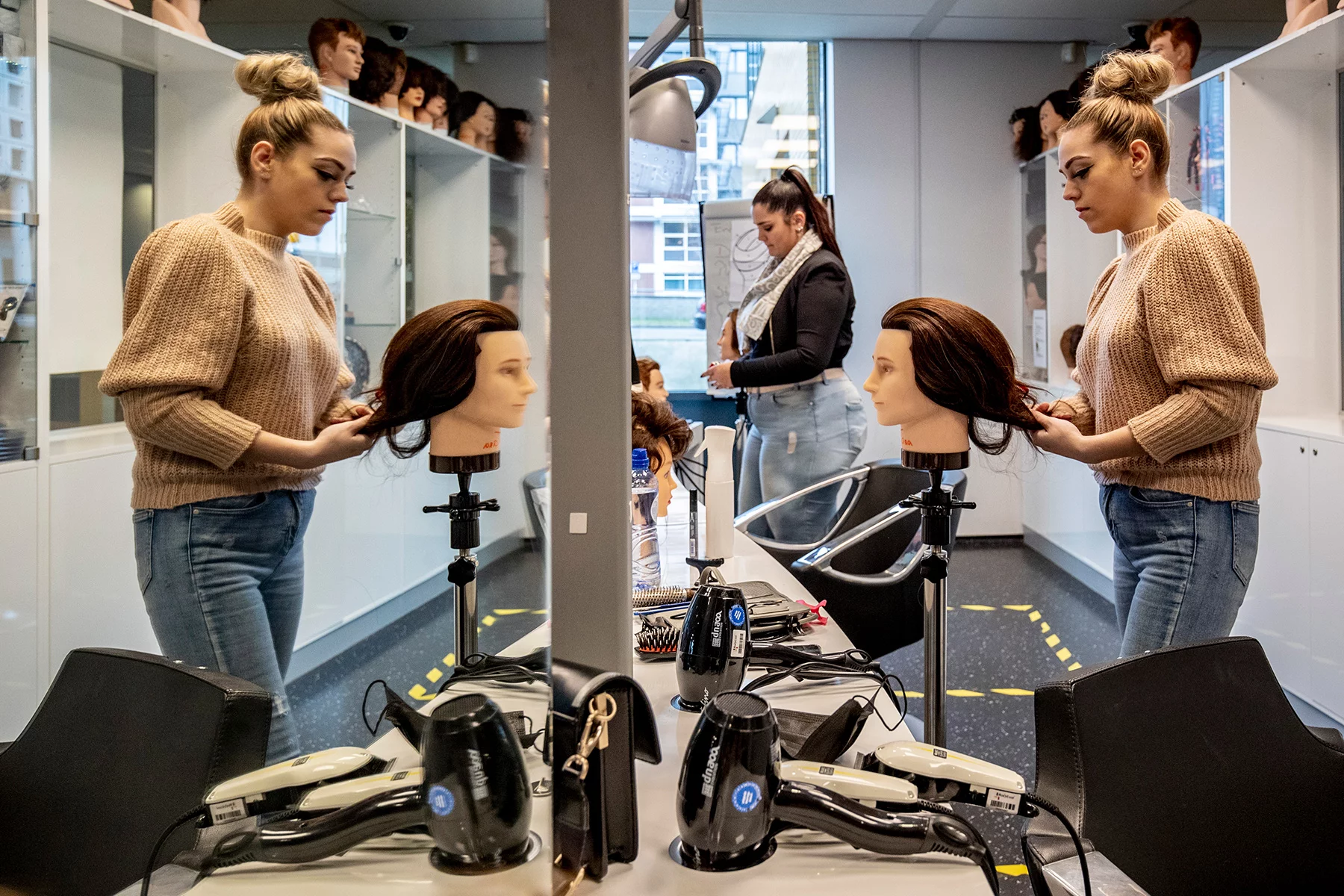
The other requirements for this visa are:
- Evidence that the Netherlands is the most appropriate country for your education – for example, if there are no similar programs of education running in your home country.
- Proof that your education can make a positive contribution to the development of your home country – because of this, it is less likely that you can get this visa if you are from an economically advanced or highly industrialized country.
You must also meet at least two of the following three requirements:
- Family ties with residents already in the Netherlands with either Dutch citizenship or a residence permit.
- Ability to speak, write, and understand Dutch.
- Have citizenship from Suriname, Indonesia, or South Africa.
How to apply
The educational institution where you will undertake your studies applies for your Netherlands student visa (MVV)/residence permit on your behalf to the IND. You will need to provide the following documentation to complete the application:
- Valid passport
- Two passport photographs
- Confirmation of acceptance onto your study program (usually supplied by the university)
- Evidence that you meet the Dutch language requirements, have family ties in the Netherlands, and have the nationality of Suriname, Indonesia, or South Africa (as detailed above)
- Proof that you have enough finances to support yourself, for example, bank statements
- Evidence that there are no similar educational programs in your home country and that your study in the Netherlands will make a positive contribution to your home country
- Health insurance to cover any medical treatment in the Netherlands
- Criminal record check
Nationals of some countries also need to undergo a tuberculosis (TB) test.
The application process usually takes two months. If your permit is granted, you can pick it up from the Dutch embassy or consulate in your home country, if that’s where you’re applying for it. However, students who don’t need a visa to enter the Netherlands can pick up the permit from the IND once they have applied.
Visa costs
This visa/permit costs €207.
Visa length
This permit lasts for up to five years of study, plus three months once your course has finished. It can also include a preparatory year if your course needs this. If you change your course part way through and start a new one, the number of years you’ve already studied will be deducted from the maximum duration of the new course.
Short-stay study visa in the Netherlands
For short courses in the Netherlands, for example, Dutch language crash courses, you can get a Schengen category C short-stay visa valid for 90 days. This visa costs €80 and is not renewable. You can apply for this visa at the Dutch embassy or consulate in your home country. If you don’t need an entry visa for the Netherlands, you can enroll in short study courses that last up to a maximum of 90 days. However, you’ll need a permit for anything lasting longer than that.
If you require a Schengen visa, you will need a category C visa for business purposes. You will need to provide:
- Valid passport or travel ID
- Two recent passport photos
- Proof that you can financially support yourself during your stay, for example, bank statements – this currently amounts to around €55 a day
- Health insurance certificate
- Details of your accommodation covering your stay
- Confirmation of acceptance onto your short study course
- Details of your return flight confirming that you will leave the Netherlands at the end of your study
You should receive a decision on your visa application within 15 days. If your visa is granted, you’ll usually need to collect it from the embassy or consulate.
Intra-EU mobility visa
The intra-EU mobility study visa allows you to study across the EU/EFTA area. As part of this, you can come to the Netherlands and study for up to 360 days. As with other Netherlands study visas, you will need acceptance onto a course at a recognized sponsoring educational institution. However, with this visa you don’t need a Dutch residence permit as long as you have a valid permit from another EU member state.
You will need to provide the following to study in the Netherlands on this visa:
- Confirmation of acceptance onto your study course
- Proof of financial resources to cover your stay
- An agreement that you won’t take up any employment prohibited under the Foreign Nationals Employment Act (in Dutch)
- Proof of a clean criminal record and that you are not a threat to national security
- Proof of health insurance
You don’t need to pay any additional fees if you already have this visa.
Other visas relevant to students in the Netherlands
There are a few other visas that students can take advantage of in the Netherlands. These are:
- Cultural exchange visa – for young people aged 18-30 who want to come and learn about the Dutch language and culture for a year. It costs €320.
- Working holiday visa – for young people from nine countries – including Australia, Canada, and Japan – to work while learning about Dutch culture for one year. This visa costs €69.
- Au pair visa – for young people aged 18-30 to work as an au pair for up to 30 hours per week for one year. The cost of this visa is €345.
- Work experience visa – to take part in work experience as a trainee or apprentice with a registered sponsoring organization. It costs €320.
These visas are valid for a maximum of one year.
When you arrive to study in the Netherlands
If you are staying in the Netherlands for longer than three months, you will need to pick up your temporary residence permit, or exchange your MVV for a residence permit, with the IND shortly after you arrive. You will also need to register with your local authority records database (BRP) to get your BSN. You need to do this within four months of arriving.
Other things you may want to sort out within the first few weeks of arriving in the Netherlands are:
- Registering with local healthcare services
- Opening a Dutch bank account with a Dutch bank such as ABN AMRO
- Sorting out utilities and telecommunications contracts if you are renting your own accommodation
If, during the course of your studies, you change your place of study and move to another Dutch college or university, you must inform the IND in writing within four weeks of the change taking place.
Study grants and scholarships in the Netherlands
You can search for grants and scholarships for international students in the Netherlands on:
- Nuffic – a non-profit organization dealing with the internationalization of education in the Netherlands (in Dutch)
- Study in NL – a government-funded portal with information on all aspects of studying in the Netherlands
- Times Higher Education – details of funding for international students
You can also check out other ways to finance your studies in the Netherlands.
Transferring foreign qualifications in the Netherlands
The Netherlands is part of the Bologna Process, which was set up to enhance the recognition of qualifications between 49 European countries. If you are from a country where you need to get foreign qualifications recognized or translated in the Netherlands, your university or place of study should inform you of the process. You can also check information on the Nuffic website and on International Diploma Evaluation (internationale diplomawaardering).
Find more general information on foreign qualifications on the ENIC-NARIC website.
Working while studying in the Netherlands
You can work on a student visa in the Netherlands as long as your permit says TWV (Tewerkstellingsvergunning) on the back. This means that any employer you work for must get a work permit from the Dutch Employees Insurance Agency (in Dutch). You can work for a maximum of:
- 16 hours per week during term time
- Full-time during June, July, and August
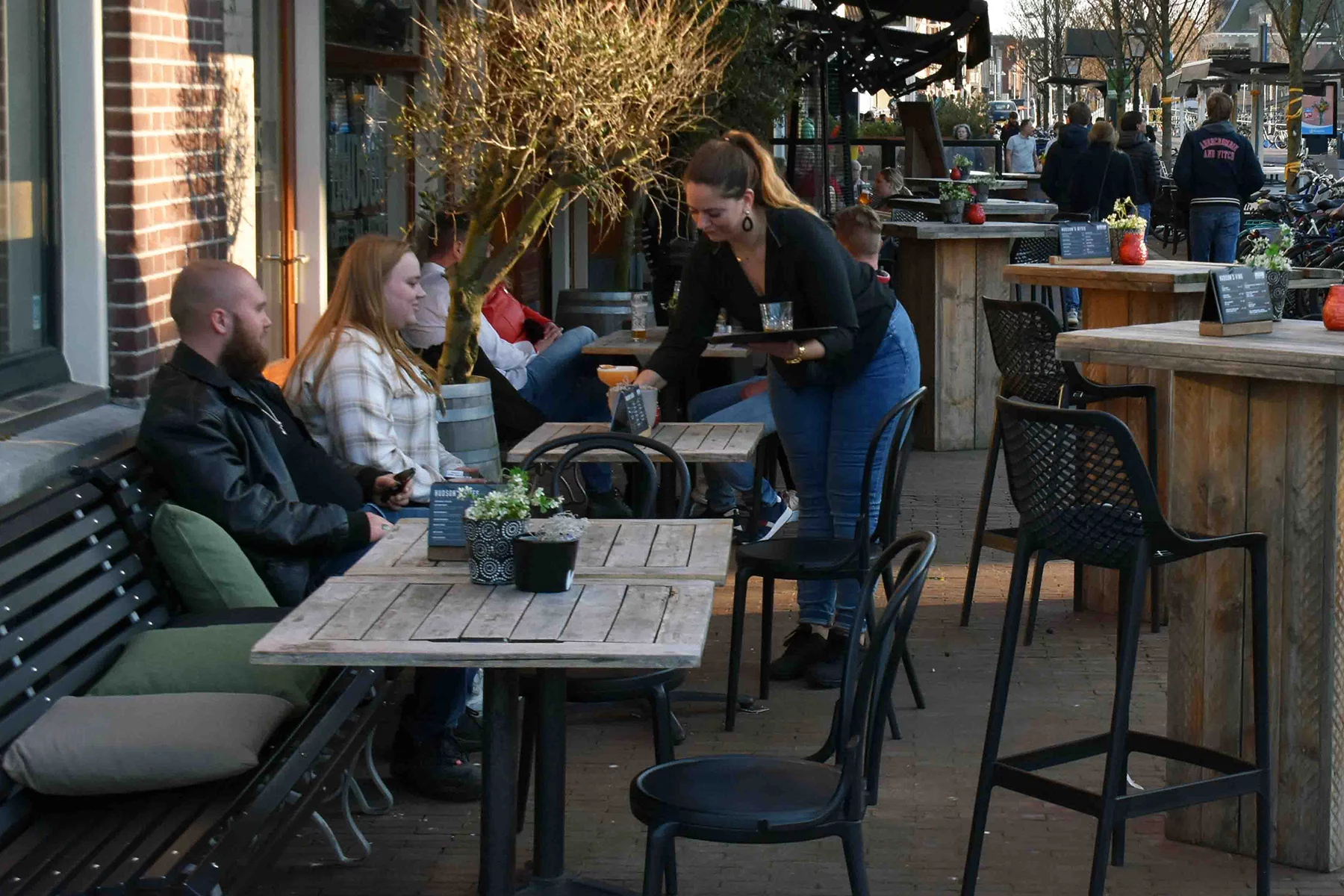
In addition to this, you can also take up self-employed work for as many hours as you want. You don’t need a TWV permit for this.
If you have a short-term study permit valid for 90 days or less, you cannot work in the Netherlands.
Family members joining on a student visa in the Netherlands
If you have a Dutch student visa, your spouse/registered partner and any children aged under 18 can join you if you have been living in the Netherlands on your residence permit for at least a year. With some visas, for example, postgraduate research or Ph.D. visas eligible for the EU Blue Card, these relatives can join immediately.
In general, family members joining someone on a Netherlands study visa can stay for the same amount of time as the family member they are joining. They will also have the same work entitlements, for example, 16 hours per week if joining someone on a standard study visa.
After your study finishes and your student visa expires in the Netherlands
Many international students in the Netherlands decide that they want to stay in the country and find work after they graduate. A study in 2021 by Nuffic found that 57% of all international students wanted to remain in the Netherlands. This was higher among non-EU/EFTA students on a study visa/residence permit (59%).
The good news is that you can apply for an orientation year visa after you graduate. This allows you to stay in the Netherlands for one year to find a job, start your own business, or become a freelancer. You need to have completed a graduate or postgraduate-level course either in the Netherlands or abroad within the last three years. If you apply from abroad, you will need to meet minimum English language requirements and have a qualification from a licensed institution.

This visa costs €207, and you can apply online if you are living in the Netherlands, as long as you have a valid residence permit, a BSN, and a DigiD account.
When you start work, you can switch your permit to a long-stay work permit such as the EU Blue Card if you meet the salary requirements. The orientation year permit cannot be extended, so you will have to leave the Netherlands once it expires if you haven’t found a job, unless you are eligible for a different Dutch visa.
After living in the Netherlands for a certain number of years on a temporary residence permit, you will be eligible to apply for Dutch permanent residence or even citizenship.
Appeals about student visa decisions in the Netherlands
The IND is the final decision-maker on applications for visas, permits, citizenship, and asylum. If the IND rejects your application for a student visa in the Netherlands and you feel this is unfounded, you can appeal the decision within four weeks of receiving it. You need to send a written objection that clearly details your reasons for your appeal.
The IND will review your appeal and reach a decision within 6-19 weeks. In certain complicated cases, the process may take up to 25 weeks. If the original decision is upheld and you are still unhappy, you can take the matter to a Dutch court (information in Dutch).
If you want to make a general complaint to the IND, you can use an online form. Make sure you give full details about what you’re complaining about and what you want the outcome to be.
The IND has six weeks to respond to your complaint. If you are not happy with the outcome, you have two options:
- Contact the National Ombudsman (website in Dutch) to ask for a review of your complaint. You need to do this within one year of the decision.
- Take your complaint to the Petitions Committee of the Parliament (website in Dutch) or the Petitions Committee of the Senate (website in Dutch).
Useful resources
- Immigration and Naturalization Service (Immigratie- en Naturalisatiedienst – IND) – deals with all issues concerning Netherlands student visas and residence permits
- Government of the Netherlands (Rijksoverheid) – Dutch government website
- Study in NL – student portal in the Netherlands


